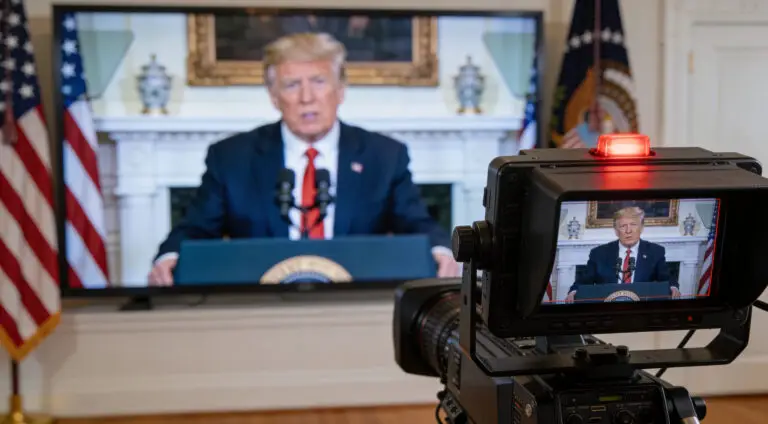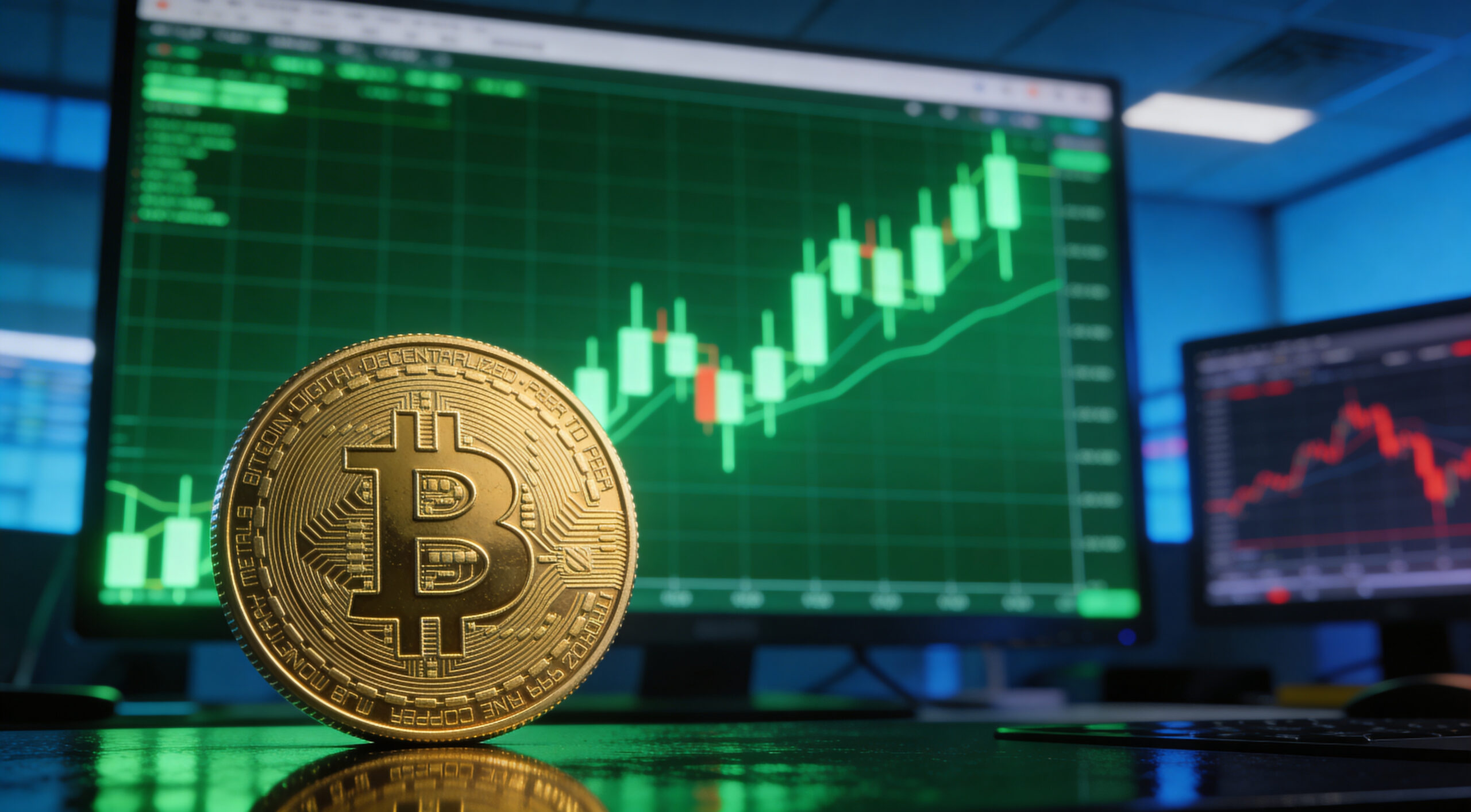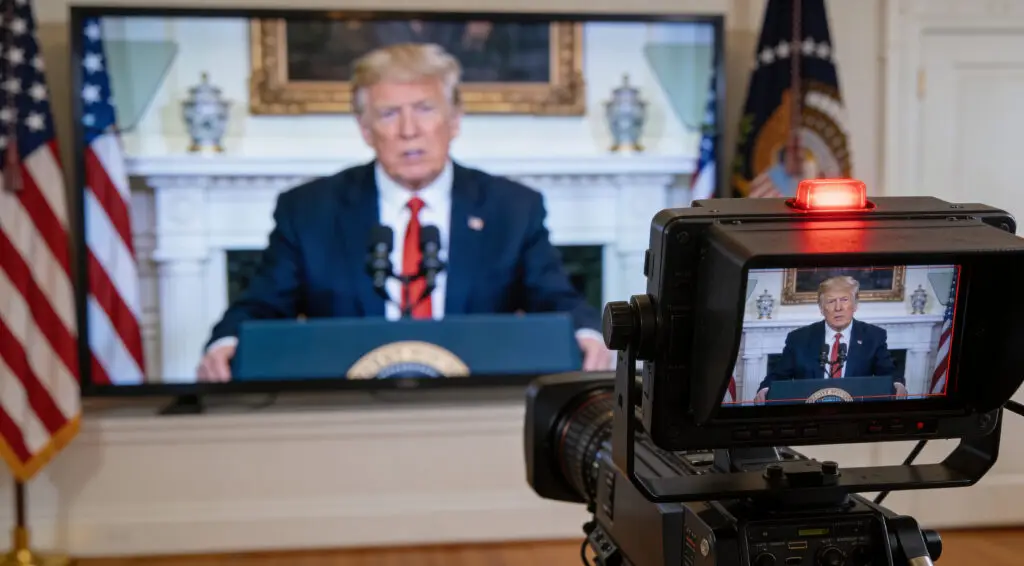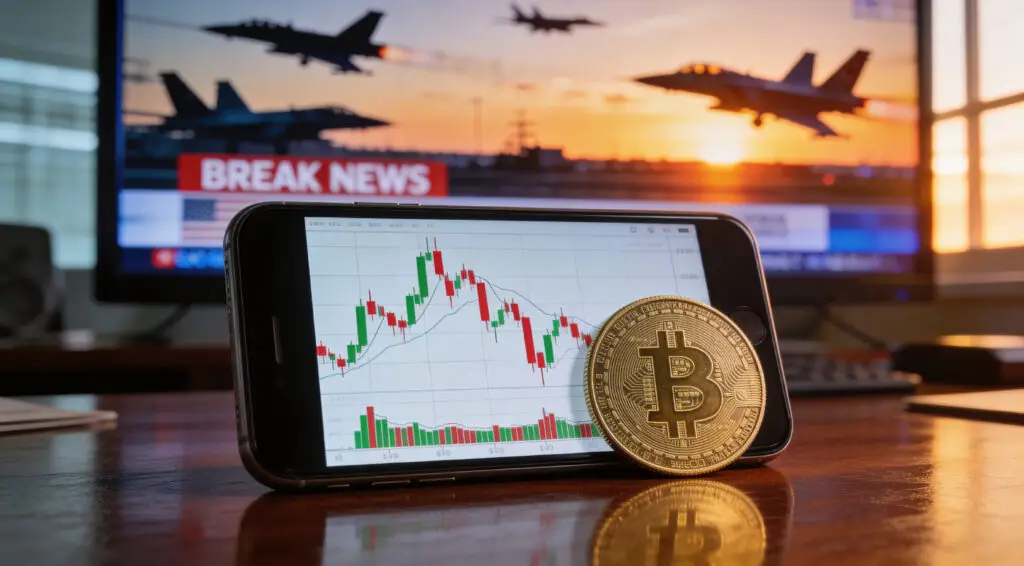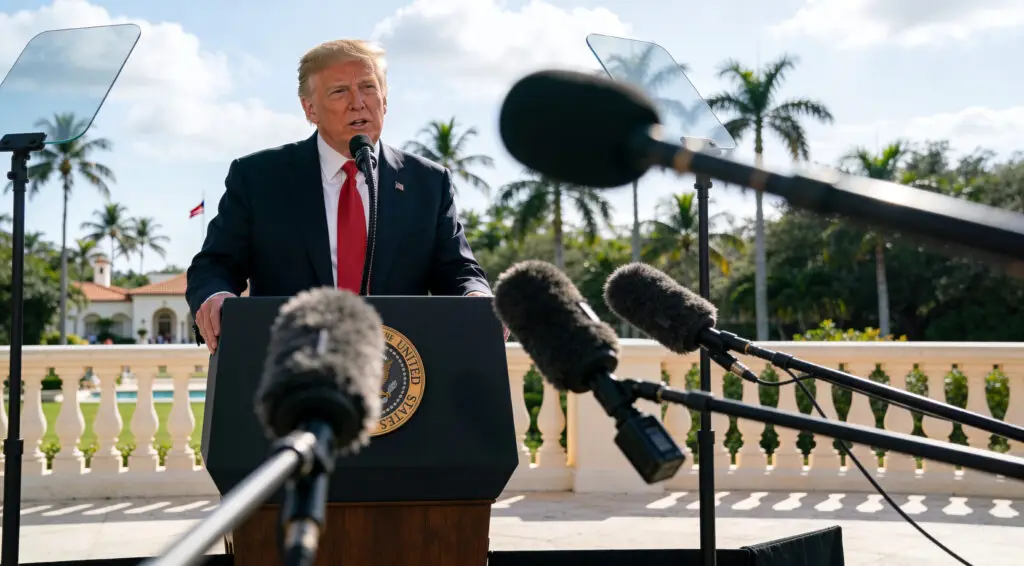Cryptocurrency Goes Popular in South Korea’s Election
Cryptocurrency is the main topic of conversation in South Korea as presidential elections draw near, set for June 3. Kim Moon-soo, the People Power Party candidate and former labor minister, has raised eyebrows with his proposals of integrating digital currency into national economic policy. According to statistics, as of February 2025, more than 16.3 million crypto holders reside in South Korea, compelling the candidates to extensively appeal to this sizable voter base.
Kim Moon-soo’s Attention-Grabbing Proposal
Among other ideas, Kim Moon-soo wants to grant public institutions such as the National Pension Service and the Korea Investment Corporation a license to operate virtual assets. Such measures are directed at improving the reputation of the crypto market of South Korea by tethering it to the nation’s economy. Along with increasing market stability, these policies would incentivize even more young digital asset investors.
The proposal is motivated by the vision to strengthen legislation around crypto and make the sector safer for both experienced and novice investors. He reinforces the notion that without active participation of the government, crypto traders would face an unnecessary financial risk and the lack of safeguarding systems could lead to devastating losses.
Bipartisan Support for Crypto Policies
The race for presidency has ignited new discussions on how cryptocurrency can be best integrated into the economy of South Korea. Political parties in the country, such as the People Power Party and the opposition Democratic Party, have both created plans around crypto assets, which shows that they have a common agenda now. Even though they have different perspectives, it is evident that they want to drive South Korea to lead the world in innovation and regulation of cryptocurrency as a whole.
Market Response to Crypto-Friendly Proposals
Kim Moon-soo’s proposal has stirred a variety of opinions from the crypto market. Numerous people within the industry view government endorsement of crypto investment as an essential move towards legitimizing the industry. Looking at the other side, some of the analysts and observers have been cautious given the historical political letdowns regarding the crypto political agenda.
Particularly, the idea of permitting pension funds such as the National Pension Service and the Korea Investment Corporation to delve into cryptocurrencies has raised eyebrows. While it might help the notoriously unstable market, acquiring long-term savings fueled critics. This debate highlights the innovation that policymakers must undertake without financial security.
Young Voters and the Growing Crypto Market
The crypto landscape is exponentially growing with the pulse of younger voters, thus giving rise to the notable intersection between politics and crypto assets. As cryptocurrency continues to expand in South Korea, it has become emblematic of the country’s younger population. The digital currency market has evolved rapidly, especially with millennial and Generation Z demographics coming onboard. Digital assets are more than just investments for these groups, as they begin to form markets that support and sustain growth and protective policies.
Considering the potential democratization of finance, Kim Moon-soo’s proposal looks after the interests of younger voters, who increasingly prefer candidates based on their stance towards virtual currency policies. His plan aims to create a more reliable and safer framework for investing in crypto for these voters.
Political Skepticism and Future Challenges
Forward-looking policies from both rival parties leave a hope of true change arriving, but skepticism due to the actual change promises remains. The current political climate in the country and a focus on the upcoming elections have prompted a renewed discussion around crypto assets and their regulation. Boom takes a wait-and-see approach. Mixed results in politically charged atmospheres tend to cause a loss of focus on what is important, echoing the reality of politics tarnishing real-life issues; such as the need for where citizens work and live. Whether the crumbling political atmosphere forecasts crypto devastation under his and Hyung’s crypto policies rapidly approaches the question of how much more the South Korean electorate reserves until June.
The Future of Crypto in South Korea
The crypto ecosystem in South Korea has reached a critical juncture ahead of the country’s elections. Kim Moon-soo’s proposal has ensured cryptocurrency is a key pillar of contention in the election and both sides are trying to strategize their approach for the issue. Considering a large part of the electorate is involved in digital assets, it’s apparent that crypto will have a lasting impact on the politics and economy of South Korea.
While candidates fine-tune their bases, one thing seems to be certain: the next presidential election will heavily depend on the cryptocurrency issue.


